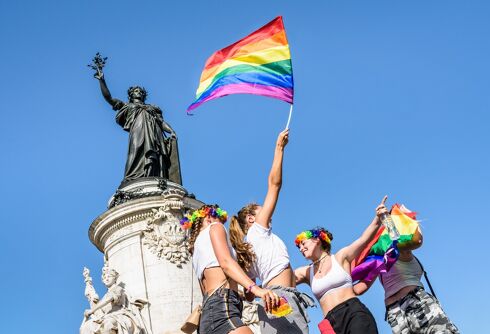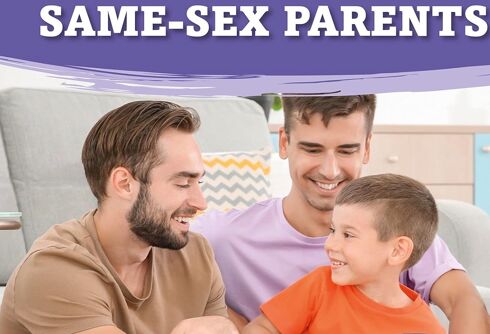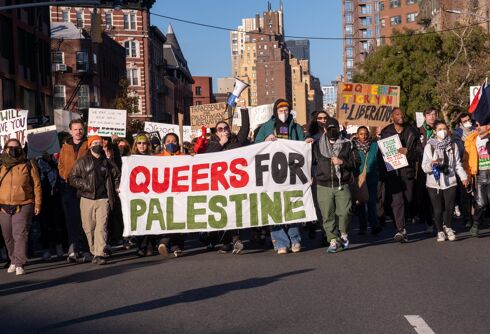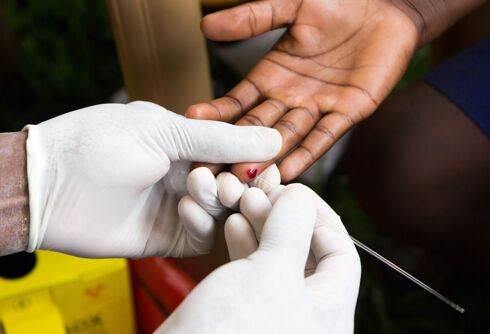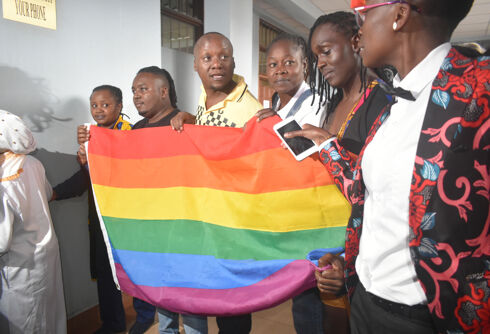What stood out on the international LGBT human rights front in 2011? A lot. But lets go out on a limb and pick three things.
- The repeal of “Don’t Ask, Don’t Tell,” the ban on lesbians and gays in the U.S. military, in September.
- The appearance of LGBT organizing, at some level, in most African countries. (See, for example, what’s happening in Mozambique in a post from January).
- The death of the last known gay survivor of the Holocaust, Rudolf Brazda, in France.
I’ll be rounding up the year in a series of posts over the next week – in which no doubt I’ve missed something, so please let me know what I’ve missed in the comments!
Marriage equality
 In terms of the news — international reporting — this was the year of same-sex marriage.
In terms of the news — international reporting — this was the year of same-sex marriage.
Same-sex marriage (or ‘marriage equality’ or ‘gay marriage’) was a leading international concern — whether in the West or raised as a chimeric threat, particularly in Africa. This year it was legalized in the second most populous US state, home to the UN and intentional media — New York state. American polls also, for the first time, showed clear majority support for marriage equality.
Never Miss a Beat
Subscribe to our newsletter to stay ahead of the latest LGBTQ+ political news and insights.
The immigration problems of bi-national, same-sex couples due to the Bill Clinton-era federal Defense of Marriage Act (DOMA) drew national attention in America, but the Obama administration was criticized for being slow to act to use its powers to stop deportations of husbands and wives.
In the United Kingdon, the Conservative-led government committed itself to marriage equality, there is to be a consultation next year, with Tory Prime Minister David Cameron famously saying he supported it because he was a conservative. The Scottish Nationalist government in Scotland appears likely to legalize same-sex marriage too, although there has been a strong, Catholic Church-led backlash.
In France, although marriage equality failed in the French parliament it is rumored that President Nicholas Sarkozy will announce his support in elections next year, supposedly inspired by Cameron’s comments. But in Spain, lesbians and gays fear that a new conservative government may go backwards and convert gay marriages into gay civil unions.
It’s been proposed by the Luxembourg government and by the Finnish government, and the Danish government permitted gay marriage in churches. The German parliament is going to vote on marriage equality next year. Civil partnerships are being mooted in Poland and Estonia – a first in a post-Soviet Union state.
Last month the governing Australian Labor Party supported same-sex marriage, though its leader does not and it is likely to fail when it reaches the parliament next year.
In July the Constitutional Court of Colombia ordered the Colombian government to legislate on same-sex relationship recognition – and that if they fail to, same-sex couples will be granted all marriage rights in two years.
Brazil’s Supreme Court ruled that same-sex couples are legally entitled to civil unions, and same-sex marriage will be included in the new Nepalese constitution.
In October, in a little noticed but extremely interesting case, a Kenyan court recognized ‘traditional’ same-sex marriage.
In July, a court in Delhi, India, effectively recognized the marriage of a lesbian couple, whilst ordering that the state must protect them.
The International Growth of LGBT Projects
[sc name=”paul”]





